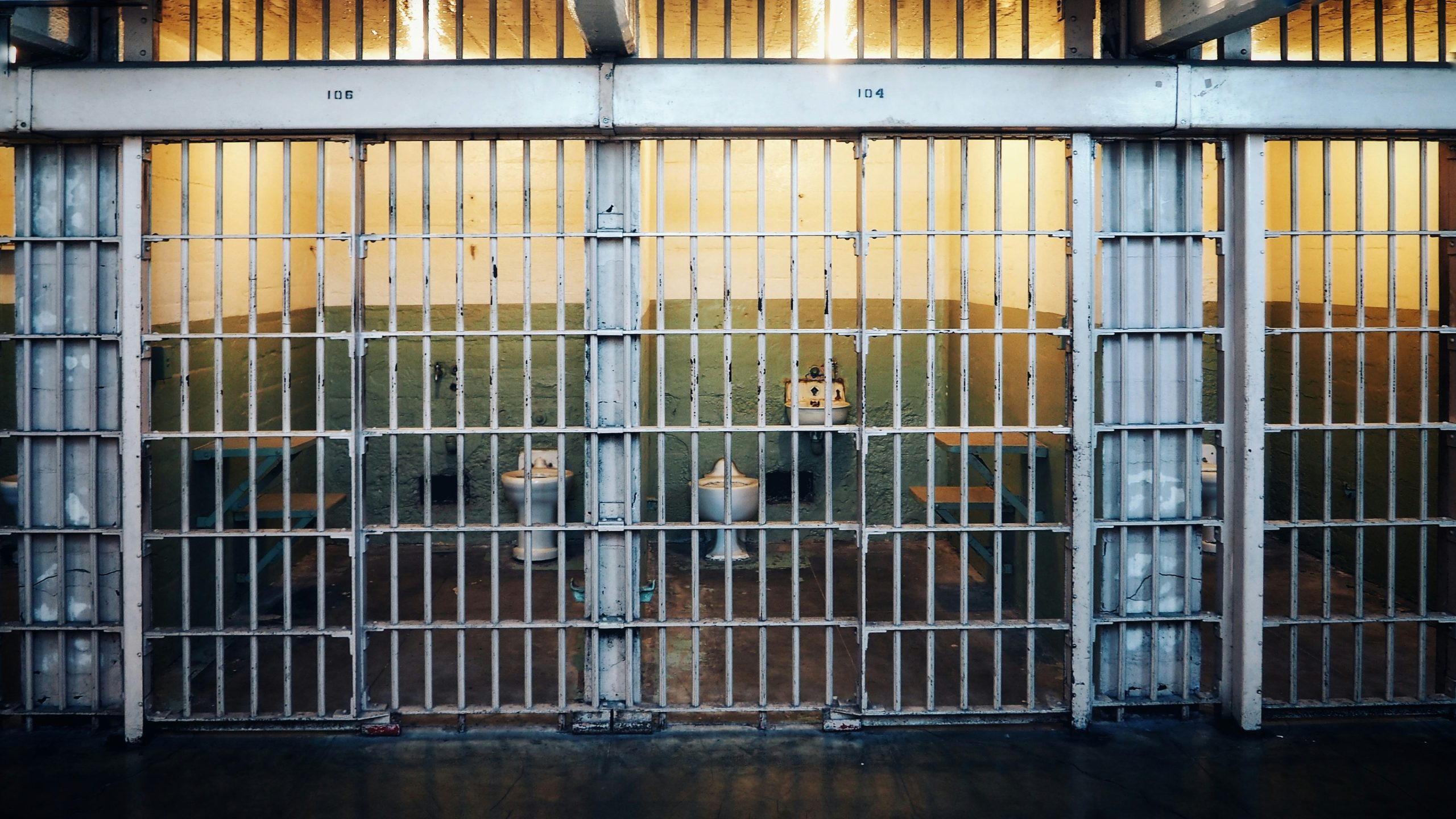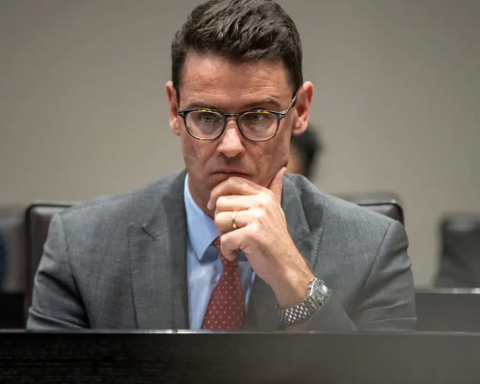South African prison deaths are back under the spotlight in Parliament. In a recent briefing, correctional services recorded 1 718 inmate deaths across three years plus the first quarter of 2025/26: 1 144 natural, 152 confirmed unnatural, and 422 still under investigation.
Officials said suicides lead the confirmed unnatural deaths, followed by homicides. As a result, South African prison deaths keep climbing while investigators work through hundreds of “unconfirmed” cases.
Overcrowding and Mental Health Strain
The department linked many unnatural deaths to weak supervision and overcrowding. It also flagged staff shortages, slow responses to complaints, and untreated mental health needs. Right now, facilities hold about 163 179 people for 107 067 beds, an overcrowding level of 52%. Consequently, pressure on safety and care remains high.
Accountability Questions Grow
Since 2022/23, authorities have charged at least 86 officials in connection with unnatural deaths. So far, they have finalised 43 cases, while another 43 are still in process. This points to serious accountability gaps tied to South African prison deaths.
Lawmakers also examined private prisons. They noted seven unnatural deaths over three years — four at Mangaung and three at Kutama — and, therefore, pressed for tighter oversight.
Case that Sharpened Scrutiny
MPs heard that a post-mortem found inmate Mpho Mkhumbeni died in March 2025 at Mangaung from complications from pepper spray and blunt-force trauma. Consequently, investigators opened criminal cases.
‘Warnings Aren’t Enough,’ Say MPs
Opposition members argued that officials implicated in deaths should face tougher sanctions.
“It should be more than a warning.” Others cautioned: “We have become a society tolerant of what is unacceptable.”
Meanwhile, Acting Deputy Commissioner Riaan Botha told the committee that suicide remains the main driver of confirmed unnatural deaths. He added that the department will expand mental-health screening and support to reduce risk.
South African prison deaths test transparency and constitutional rights. Without stronger staffing, better mental healthcare, and faster investigations, the numbers will likely rise. Therefore, MPs want firmer action, and fast.




